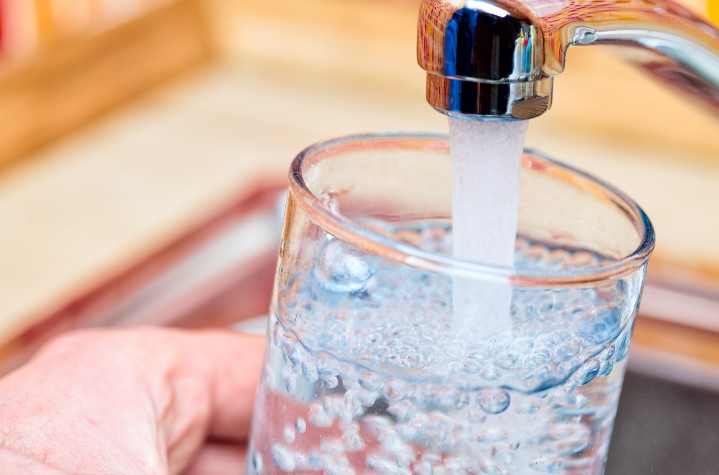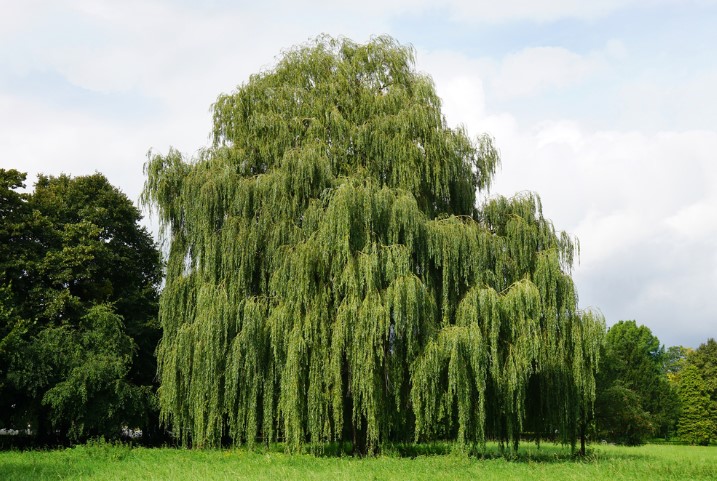
Hard water in your home could be better, especially for your plumbing system and appliances. It makes soap scum stick, ruins that squeaky clean feeling after showering, and shortens the life of your clothes and skin.
Thankfully, there are practical solutions and preventative measures to help you deal with the issues caused by hard water. Here are some of them:
Scale Buildup
When water begins its natural cycle as rain and seeps through rock layers to underground aquifers, it picks up hardness-causing minerals like calcium and magnesium. This process causes municipal and healthy water to have varying levels of hardness.
This mineral content is what creates scale buildup. You’ve probably seen it on your bathroom and kitchen fixtures in the form of white deposits that are both unsightly and damaging. It can also reduce the lifespan of appliances and pipes, cause clogs, and increase utility bills due to lowered efficiency.
Thankfully, scale buildup is easily preventable by pretreating your home’s water with a salt-free or traditional water softener. These systems work by introducing resin beads covered in sodium ions, which neutralize the negative effects of hard water.
Hard water, characterized by high mineral content, especially calcium and magnesium, can adversely affect plumbing systems, appliances, and personal grooming. Hard water treatment Tampa becomes essential to mitigate these issues and enhance overall water quality.
Soap Scum
If you have hard water in your home, it may leave behind unsightly soap scum on bathroom fixtures, in tubs and sinks, or on your skin. When the minerals in hard water react with soap, they form a white, chalky film that is difficult to remove. Additionally, hard water makes it difficult for soaps and shampoos to lather properly. You must use more soap and shampoo to clean your hands, hair, or dishes.
You might also notice that your clothing is more gritty and grimy than before when you wash them in hard water. The mineral deposits in hard water make it difficult for soap and detergents to rinse away thoroughly. This can result in a buildup of soap residue, which leaves a dirt-attracting film on your garments.
Discoloration
Water hardness is generally caused by calcium and magnesium ions accumulating in the water supply. These ions aren’t harmful but can cause several inconvenient and costly problems.
For instance, the dissolved minerals in hard water can react with soap, creating sticky residue on surfaces and sinks. These ions can also build up inside water-using appliances like dishwashers and water heaters, reducing efficiency and shortening lifespan. This can lead to clogs and increase energy bills. Furthermore, hard water can leave stains on dishes and glasses. As mentioned above, the dissolved mineral residue can affect hair and skin, causing dryness and dullness. This can be expensive to remedy with special lotions and shampoos. Water softening systems can solve these issues.
Decreased Efficiency
If you live in a complex water area, you’ve experienced the problems associated with it. From the white, chalky residue left behind by minerals on faucets and showers to spots on dishes and less than squeaky-clean clothing, hard water can be problematic for your home and your family.
While dissolved minerals like calcium and magnesium aren’t harmful, they can cause several problems for your household. Some issues are minor, but others can become serious in the long run. For example, if your water heater isn’t working as efficiently, it may be due to mineral deposits on the heating element. Over time, these can reduce the functional lifetime of your water heater and require repairs or replacement much sooner than expected.
Increased Utility Bills
Hard water can leave mineral deposits on faucets and baths, as well as causing soap scum and spotty dishes. The troubles created by hard water might add up to a large price for your household over time. Not only will you spend extra on cleaning products, but your utility bills can skyrocket over the long term due to the excess energy needed to heat hard water.
As it travels from ancient seabeds and mountain aquifers, water naturally absorbs and retains naturally occurring minerals like calcium and magnesium. Though these minerals are safe to drink, hardness can negatively affect your household plumbing and your home’s quality of life. Investing in a water softener can correct hard water problems and prevent hefty utility costs.
